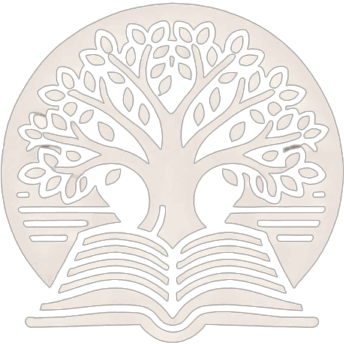AKTU & CCSU B.Tech 4th Year CSE, CS & CE Syllabus 2025-26 (NEP 2020) – Download PDF
The B.Tech 4th Year syllabus for Computer Science (CSE), Computer Science (CS), and Computer Engineering (CE) under AKTU (Dr. A.P.J. Abdul Kalam Technical University, Lucknow) and CCSU (Chaudhary Charan Singh University, Meerut) has been updated for the 2025-26 academic session based on the National Education Policy (NEP 2020).
This revised syllabus focuses on industry-ready subjects such as Artificial Intelligence (AI), Internet of Things (IoT), Cloud Computing, and Cryptography & Network Security, while integrating MOOCs (Massive Open Online Courses) and Open Electives to prepare students for real-world challenges.
Download AKTU B.Tech 4th Year CSE Syllabus 2025-26 PDF
Key Highlights of the B.Tech 4th Year CSE Syllabus (AKTU & CCSU)
-
NEP 2020-aligned curriculum with practical and project-based learning.
-
Core focus on emerging technologies like AI, IoT, Cloud Computing, and Cybersecurity.
-
Integration of MOOCs (SWAYAM, NPTEL, Coursera) for credit-based online courses.
-
Flexible Open Electives for interdisciplinary knowledge.
-
Mandatory mini-projects, internships, and entrepreneurial activities.
-
Applicable to both AKTU and CCSU students pursuing CSE, CS, or CE.
What Are MOOCs in Engineering?
MOOCs (Massive Open Online Courses) are online courses offered through platforms like SWAYAM, NPTEL, Coursera, and edX, integrated into AKTU and CCSU syllabi.
Key features of MOOCs:
-
Self-paced online learning.
-
Credit-based evaluation for university results.
-
Exposure to trending subjects like Python Programming, Data Science, Artificial Intelligence, Machine Learning, and Cloud Computing.
Understanding Open Electives
Open Electives allow students to choose subjects outside their core specialization to gain interdisciplinary knowledge.
Examples of Open Electives:
-
Blockchain and FinTech
-
Environmental Sustainability
-
Business Management for Engineers
This approach broadens career prospects and helps students adapt to various industries.
Subject-Wise Breakdown of AKTU & CCSU B.Tech 4th Year CSE Syllabus
Artificial Intelligence (AI)
-
Fundamentals of AI and intelligent agents.
-
Search algorithms (BFS, DFS, A*), logical reasoning, and knowledge representation.
-
Applications in natural language processing, robotics, and Explainable AI (XAI).
-
Practical implementation using Python and Prolog.
Internet of Things (IoT)
-
IoT architecture, hardware (Arduino, Raspberry Pi), sensors, and actuators.
-
Networking protocols for IoT and real-world use cases.
-
Applications in smart homes, smart cities, healthcare, and automation.
Cloud Computing
-
Cloud models: IaaS, PaaS, SaaS.
-
Virtualization concepts and tools (AWS, Google Cloud, OpenStack).
-
Resource management and security in cloud environments.
-
Enterprise cloud solutions and case studies.
Cryptography & Network Security
-
Classical and modern encryption techniques (AES, DES, RSA).
-
Digital signatures, authentication protocols, and secure communications.
-
Intrusion detection, firewalls, and cybersecurity fundamentals.
Mobile Application Development
-
Android and iOS development fundamentals.
-
UI/UX design for mobile applications.
-
Integration with APIs, cloud, GPS, and social media.
-
Swift and Android programming basics.
Semester-Wise Structure
7th Semester
-
Artificial Intelligence
-
Departmental Elective (IoT, Cloud, Cryptography, Mobile Development)
-
Open Elective-II
-
AI Lab and Mini Project/Internship Assessment
-
Startup and Entrepreneurial Activity
8th Semester
-
MOOCs-based Open Electives (III & IV)
-
Project-II (Major Project)
Download the Full AKTU & CCSU B.Tech 4th Year CSE Syllabus PDF
For detailed subject outlines, credit distribution, and evaluation scheme, you can download the complete syllabus PDF.
Click here to download AKTU B.Tech 4th Year CSE Syllabus 2025-26 PDF
Final Thoughts
The updated B.Tech 4th Year syllabus (2025-26) for AKTU and CCSU aligns with NEP 2020 and emphasizes practical learning, project work, MOOCs integration, and interdisciplinary electives. This curriculum equips students with the technical expertise and skills required to excel in fields like AI, IoT, cloud computing, and cybersecurity.
